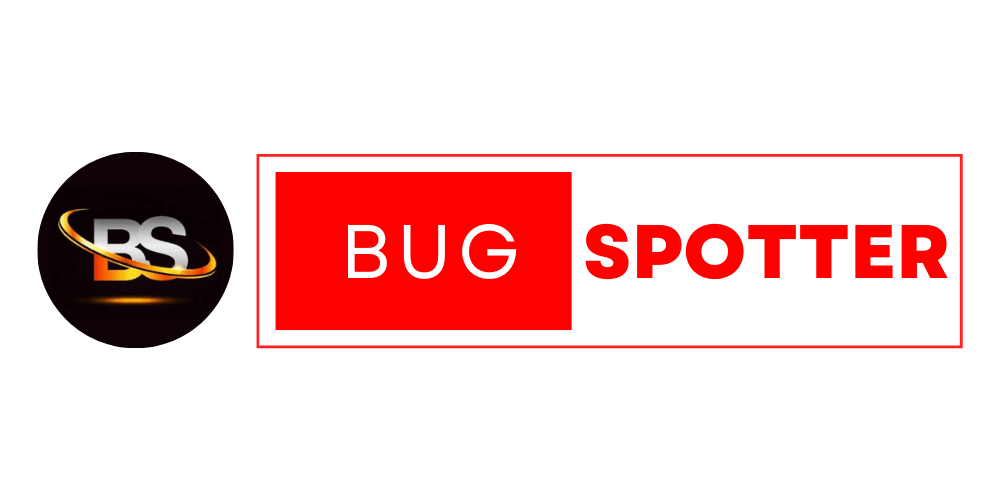How to Crack Software Testing Interviews

How to Crack a Software Testing Interview: A Perfect Guide
Software testing is a crucial part of the software development lifecycle, ensuring that applications meet the required standards of quality, performance, and reliability. If you’re preparing for a software testing interview, you’ll need to be well-versed in both theoretical knowledge and practical skills. This guide will help you understand what you need to focus on to crack a software testing interview successfully.
1. Understand the Basics of Software Testing
Before diving into complex concepts, make sure you understand the foundational aspects of software testing:
Types of Testing:
- Manual Testing: Testing the application manually without automation tools.
- Automation Testing: Using automation tools (e.g., Selenium, JUnit) to execute tests.
- Unit Testing: Testing individual components or functions in isolation.
- Integration Testing: Verifying the interactions between different modules or components.
- System Testing: Testing the entire application as a whole to ensure it meets the specified requirements.
- Acceptance Testing: Validating whether the software meets business requirements and is ready for deployment.
- Regression Testing: Ensuring that new changes or features do not negatively affect existing functionality.
Software Development Life Cycle (SDLC):
- Be familiar with different SDLC models like Waterfall, Agile, and V-Model, as they determine how testing fits into the development process.
Testing Levels:
- Understand black-box (focuses on functionality) and white-box testing (focuses on code structure) to assess how different testing methods are applied.
Bug Life Cycle:
- Be ready to explain how defects are tracked from discovery to resolution, covering stages like New, Assigned, Fixed, and Closed.
2. Learn Key Testing Concepts and Techniques
Mastering core testing concepts is essential for both interviews and actual testing work.
Test Case Design:
- Know how to write effective test cases, covering aspects like input, expected output, and test data.
Types of Testing:
- Be prepared to discuss functional testing (verifying features work as expected), non-functional testing (testing performance, security, etc.), and performance testing (measuring how the software performs under load).
Test Documentation:
- Understand the importance of creating and maintaining test plans, test cases, and test scripts to ensure comprehensive and well-organized testing efforts.
Test Reporting:
- Be able to explain how to report defects accurately, specifying severity, priority, and a clear description of the issue.
3. Automation Testing Knowledge (Optional but Beneficial)
Automation testing is becoming increasingly important. Having some experience with automation tools is highly beneficial.
- Scripting for Automation Tools: Familiarize yourself with popular tools like Selenium, JUnit, and TestNG.
- Manual vs. Automated Testing: Understand when automation is appropriate. For example, use automation for repetitive tasks and large regression test suites but rely on manual testing for exploratory or ad-hoc scenarios.
4. Understand the Tools
Many testing tools are used in the industry, and knowing them can give you an edge during the interview.
Bug Tracking Tools:
- Get familiar with tools like JIRA, Bugzilla, or Redmine for tracking bugs and managing testing workflows.
Test Management Tools:
- Learn how to use TestRail or Quality Center for managing test cases, test execution, and reporting.
Automation Tools:
- Gain knowledge in tools such as Selenium, QTP, Appium, or Cypress to demonstrate your expertise in automated testing.
5. Prepare for Common Interview Questions
Be ready to answer both technical and situational questions during your interview:
Basic Testing Questions:
- “What is the difference between validation and verification?”
- “Explain the difference between severity and priority of defects.”
Scenario-Based Questions:
- “How would you test a login page?”
- “How do you handle changes in project scope during testing?”
Tools and Technologies:
- “Which testing tools have you used in your projects?”
- “What’s your experience with automation tools?”
6. Know Testing Methodologies
Be prepared to discuss popular testing methodologies, as they play a key role in modern software development.
- Agile and Scrum: These methodologies are widely used in the industry, especially for fast-paced and iterative development.
- Test-Driven Development (TDD): This approach encourages writing tests before the actual code.
- Behavior-Driven Development (BDD): Focuses on collaboration between developers, testers, and non-technical stakeholders to define the expected behavior of software.
7. Prepare for Practical Tests
Some interviews include practical tests where you will have to demonstrate your skills:
Hands-On Testing:
- Be ready to write test cases or perform manual testing on a sample application. Pay attention to the application’s features and potential areas where defects may arise.
Automation Scripts:
- You may be asked to write simple automation scripts or demonstrate your knowledge of automation tools. Be prepared to explain your approach to creating and executing these scripts.
8. Showcase Problem-Solving Skills
Software testing is about identifying and solving problems effectively. During your interview:
- Explain your approach to debugging, troubleshooting, and problem-solving.
- Demonstrate your critical thinking skills, and show how you approach test scenarios and come up with effective testing strategies.
9. Behavioral Questions
Interviewers also want to assess how well you will fit within the team. Be ready to answer questions like:
- “How do you handle conflict within a team?”
- “Tell me about a time when you had to work under tight deadlines.”
- “How do you ensure that your testing process is efficient and effective?”
Emphasize your attention to detail, communication skills, and ability to learn quickly in a dynamic testing environment.
10. Stay Updated
The software testing landscape is always evolving. To stay competitive:
- Follow the latest industry trends, tools, and technologies related to testing.
- Read blogs, attend webinars, and participate in forums or online communities to keep your skills sharp.
11. Mock Interviews and Practice
Mock interviews are one of the best ways to prepare. Practice with peers, mentors, or online platforms to simulate real interview scenarios. This will help you build confidence and improve your communication skills.
Latest Posts
- All Posts
- Software Testing
- Uncategorized
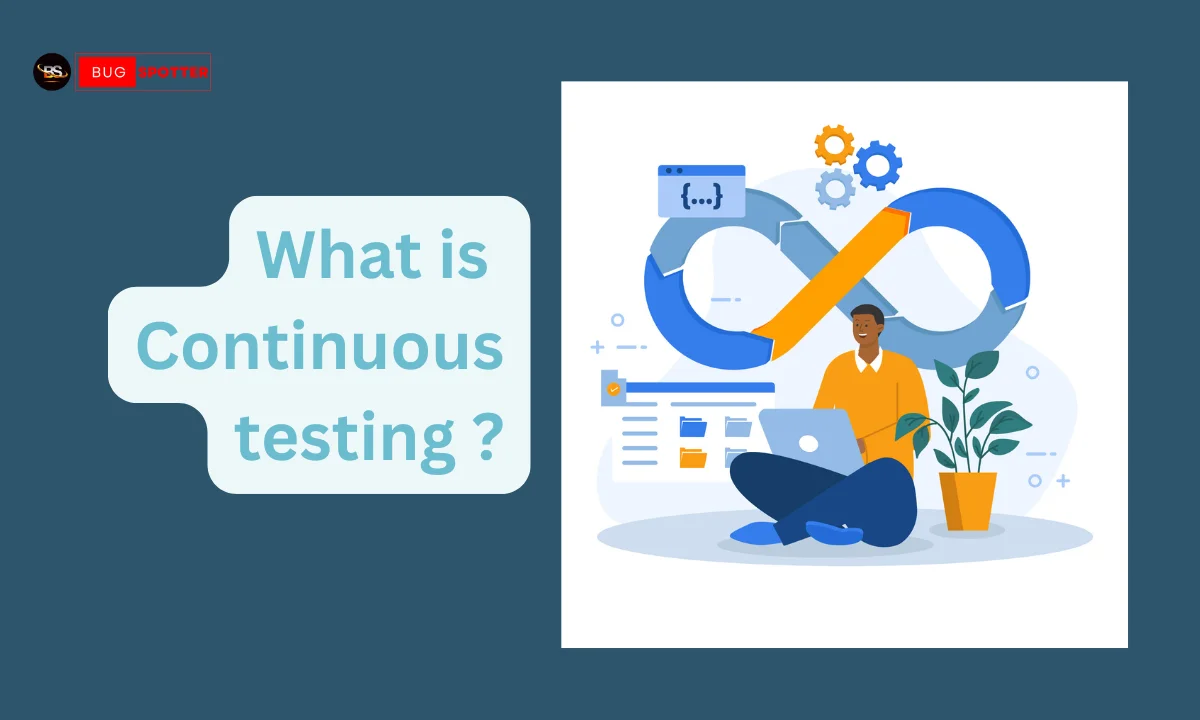
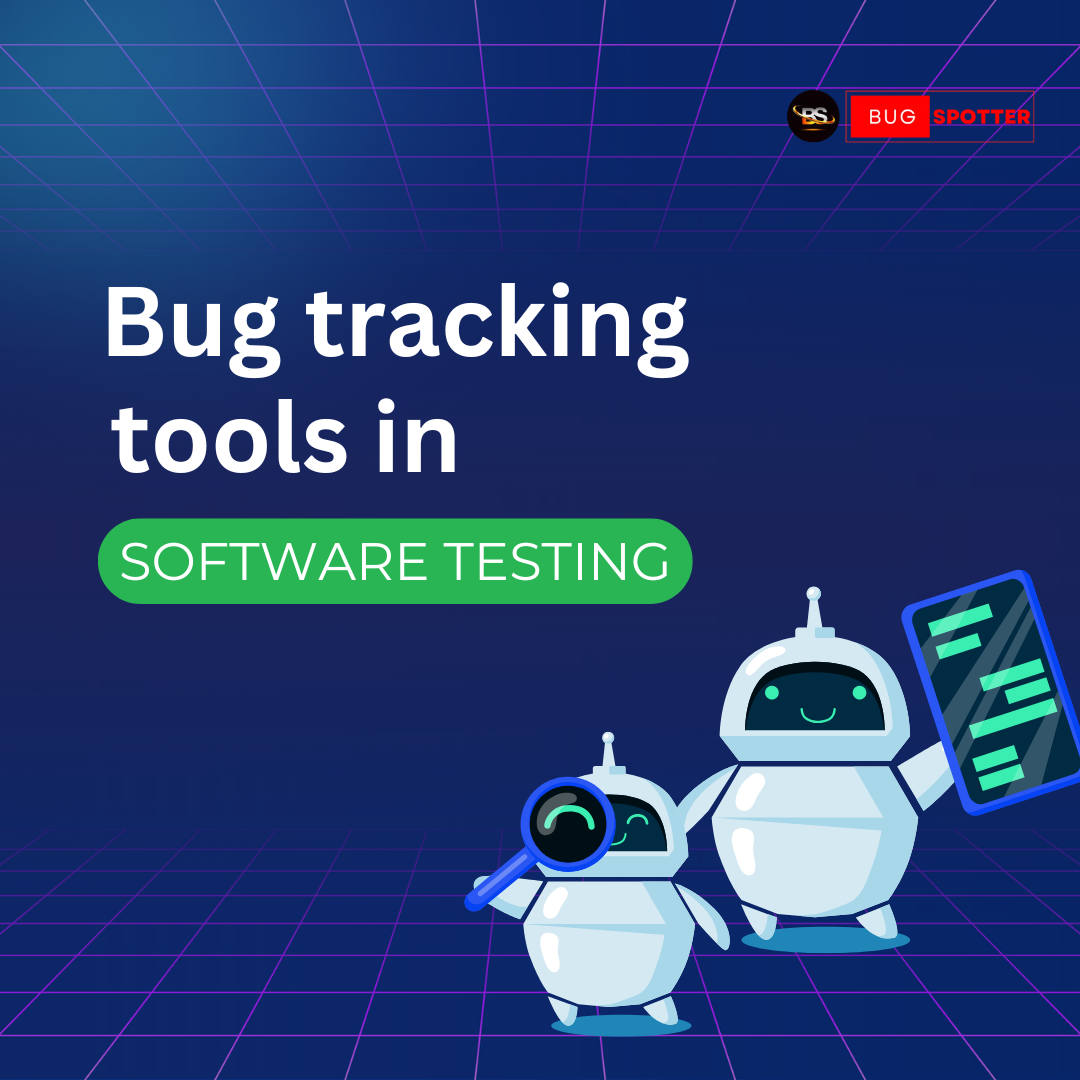
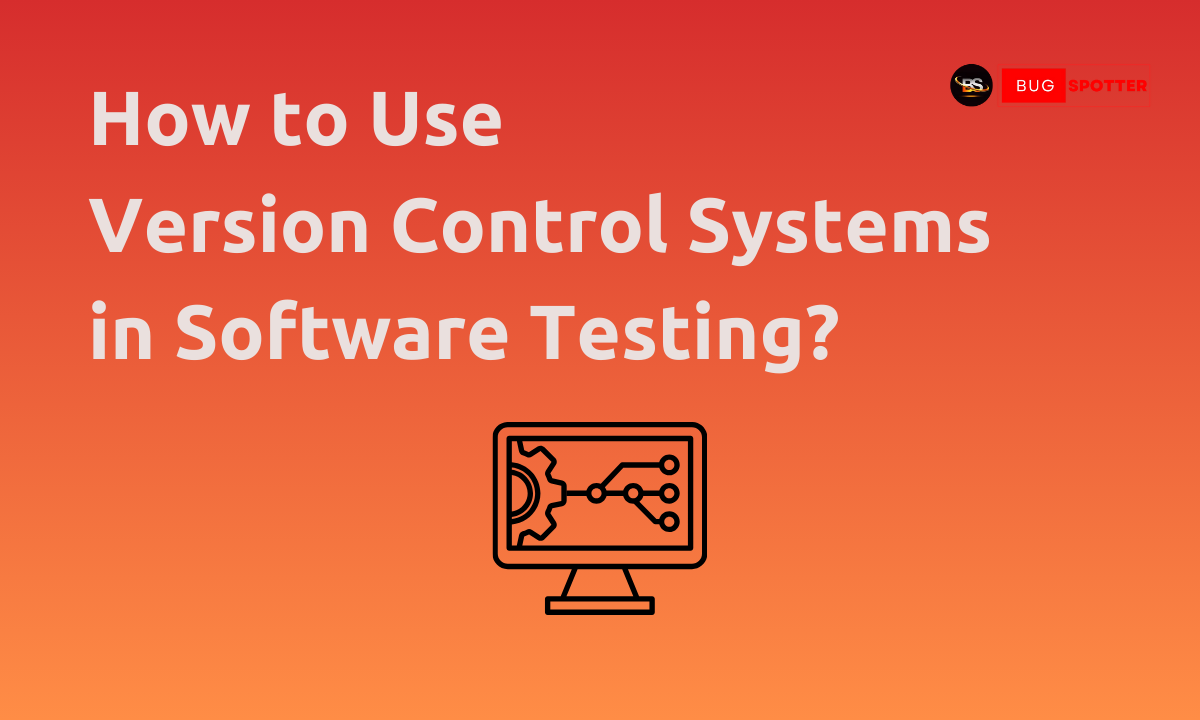
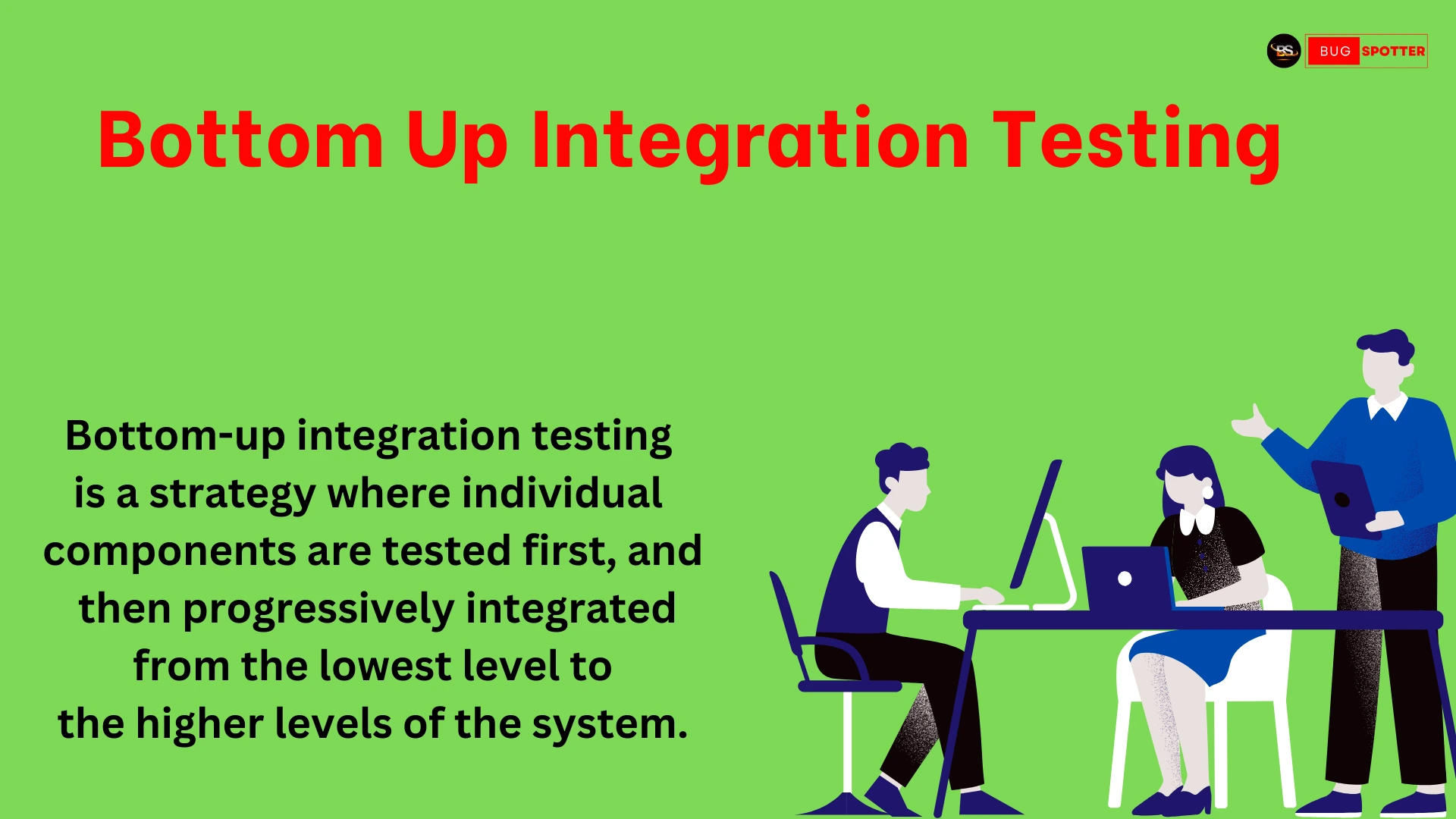

Categories
- Artificial Intelligence (5)
- Best IT Training Institute Pune (9)
- Cloud (2)
- Data Analyst (55)
- Data Analyst Pro (15)
- data engineer (18)
- Data Science (104)
- Data Science Pro (20)
- Data Science Questions (6)
- Digital Marketing (4)
- Full Stack Development (7)
- Hiring News (41)
- HR (3)
- Jobs (3)
- News (1)
- Placements (2)
- SAM (4)
- Software Testing (70)
- Software Testing Pro (8)
- Uncategorized (33)
- Update (33)
Tags
- Artificial Intelligence (5)
- Best IT Training Institute Pune (9)
- Cloud (2)
- Data Analyst (55)
- Data Analyst Pro (15)
- data engineer (18)
- Data Science (104)
- Data Science Pro (20)
- Data Science Questions (6)
- Digital Marketing (4)
- Full Stack Development (7)
- Hiring News (41)
- HR (3)
- Jobs (3)
- News (1)
- Placements (2)
- SAM (4)
- Software Testing (70)
- Software Testing Pro (8)
- Uncategorized (33)
- Update (33)
